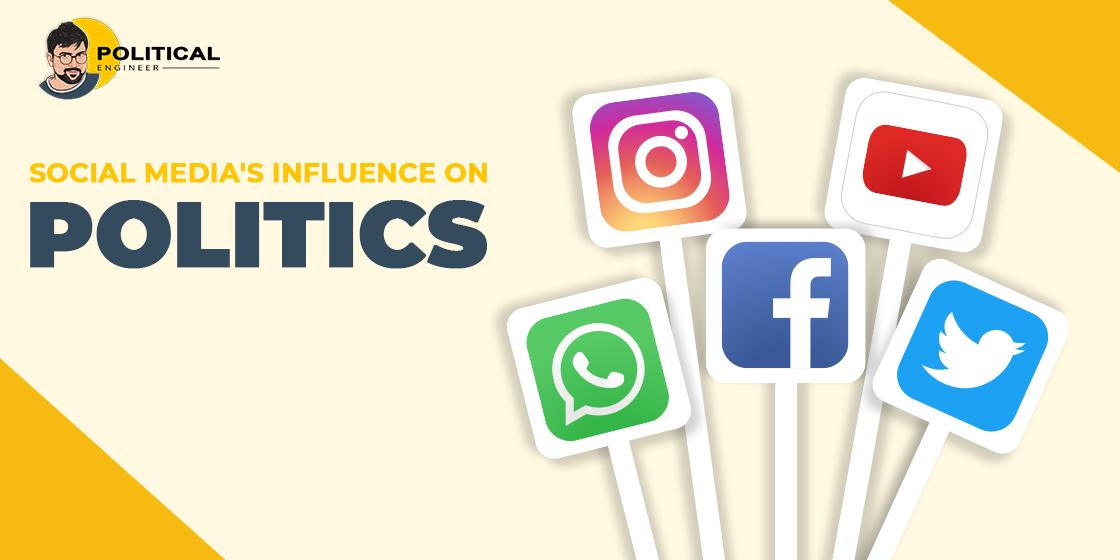The term “Use of Social Media in Politics” describes the application of online social networking sites to political actions and procedures.
Explore how social media’s influence on politics has changed the landscape of democracy. Learn about the advantages and disadvantages of social media as a platform for political discussion, and discover its potential to shape public opinion and policy decisions.
How Social media’s Influence on Politics has changed the democracy?
The political scene has changed significantly during the last 20 years. The internet had a crucial role in this development. The main influencer of political campaigns and public opinion today is social media.
The thoughts of candidates and their supporters are frequently updated on Facebook and Twitter. Each political party maintains a website where it posts requests for donations and disseminates propaganda. Let’s look at some of the most common ways that social media has an impact on politics.
1. Website Classification for Social Media
Wikis, Social News Websites, Social Photo and Video sharing Platforms, Social Networking Websites and Social Bookmarking Platforms are a few examples of social media websites. Interaction is facilitated on social networking sites like Facebook, Hi5 and Instagram by friend addition, profile comments, group joining and debate.
Social Bookmarking Websites like Del.icio.us, BlinkList and Simply allow users to engage by adding tags to web pages and perusing the websites that others have saved. Users can vote for and comment on items on social news websites like Digg, Propeller and Reddit.
Users can comment on and share images and films on social picture and video sharing websites like YouTube, Flickr and others. By modifying and contributing new content, wikis (Wikipedia, Wikia) communicate with one another.
2. Effects of Social Media
Politics, Business, Marketing, Administration, Culture, and Education are just a few of the areas in which social media has a big impact on our lives. Social Media has a big impact on Marketing, News, Interaction, and Learning. Today, a big news source is social media.
The news spreads swiftly. In a speed that has never been seen before as a result of the tweets and updates from numerous news organizations on significant events taking place around the world. As a result, people are able to communicate more regularly.
Communication with people in different countries, cities and continents is simple which makes it possible to learn about other cultures and share perspectives. The rise of learning has been considerably aided by social media.
3. Attention Span
In particular, the news that is published on social media platforms reflects the idea of the attention economy. When compared to news that is popular with the public, less of it will be noticed, shared and spread online. “Tim Wu from Columbia Law School” refers to the attention economy as the “Resale of Human Attention.”
4. Delivered Result for Democracy
Social Media has drawn criticism for being detrimental to democracy. According to Ronald Deibert, the social media environment is:
“The social media environment is better suited to the extreme, emotionally charged, and contentious sorts of content than it is to calm, principled assessments of conflicting or complex narratives.”
On the other hand, according to Ethan Zuckerman,
“Social Media presents an opportunity to inform more people, amplify voices, and allow a range of varied voices to speak. Mari K. Eder draws attention to weaknesses in the Fourth Estate that have allowed anger to be reported as news, leading to the public’s indifference to lies and developing scepticism of democratic institutions.”
Get more interesting stuff on our official portal. Visit us on:


